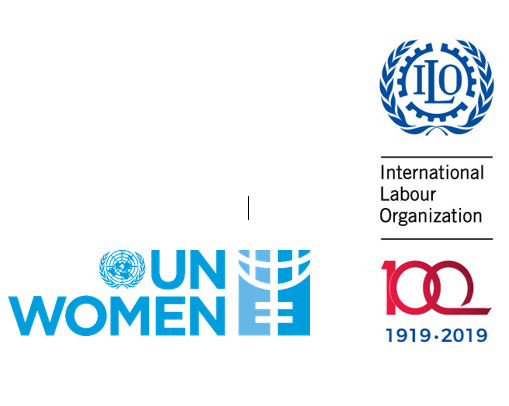Violence and harassment against women in the world of work can have devastating effects on women’s safety, health, wellbeing and, ultimately, their participation in work. Many women face significant harm from violence and harassment at work, affecting their health, wellbeing and rights (UNGA, 2018, A/RES/73/148). Violence and harassment at work is a major psychosocial problem that can affect individual health and wellbeing (Eurofound, EU and OSHA, 2014 and Eurofound, 2015).
Surveys have repeatedly drawn out the negative effect of violence and harassment on women’s health and wellbeing, resulting in increasing rates of sick leave or, eventually, resignation. This is particularly the case when violence and harassment is persistent or is not dealt with effectively when complaints are made. For example, a European survey of women transport workers reported high levels of physical and psychological ill-health as a result of sexual harassment and sexual assaults at work, with “…often devastating effects on women workers’ physical and mental health and wellbeing, their capacity to work, and their relationships with family, friends and work colleagues.” (ETF, 2017, p.13)
